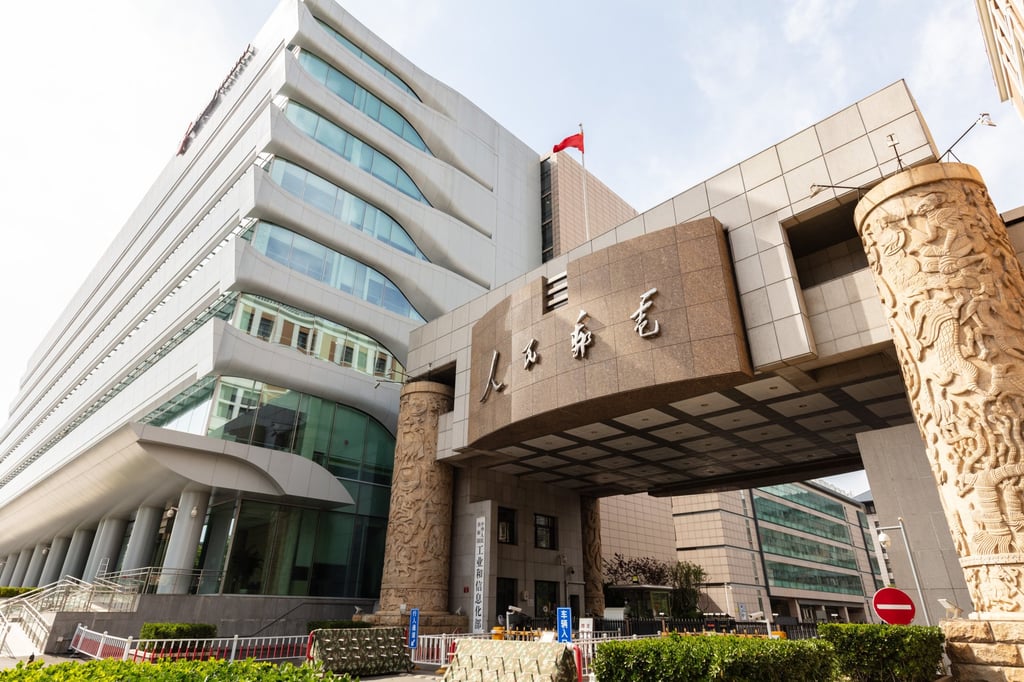China unveils plan to boost data security in key industries in bet on data-driven economic growth
- More than a dozen Chinese government bodies have jointly released guidelines on developing the country’s data security sector
- As China pushes forward with efforts to use data to drive economic growth, it is also tightening control over its storage and access

China plans to significantly shore up data security across major industries ranging from telecommunications to finance, as Beijing seeks to unlock the economic potential of the massive amount of data generated by its digital economy while protecting national security.
As data becomes an important production factor and a key engine of economic growth, data security is also becoming an integral part of the country’s national security, the cybersecurity unit under the Ministry of Industry and Information Technology (MIIT) said in an online Q&A published on the agency’s website on Sunday.
The Q&A was designed to elaborate on guidelines jointly issued on Friday by 16 Chinese governmental bodies – including the MIIT and the Cyberspace Administration of China (CAC) – which set a target for the country to grow its data security industry by 30 per cent each year, to more than 150 billion yuan (US$22.4 billion) by 2025.
Industries ranging from telecommunications and transport to finance and healthcare should present at least eight applicable use case scenarios in the next three years, according to the guidelines.
By 2035, China’s data security sector is expected to mature and “enter a prosperous period”, bolstering the national digital economy.
Other notable agencies involved in Friday’s guidelines include the National Development and Reform Commission (NDRC), the Ministry of Public Security, the People’s Bank of China, the State Administration for Market Regulation, and the China Securities Regulatory Commission.

